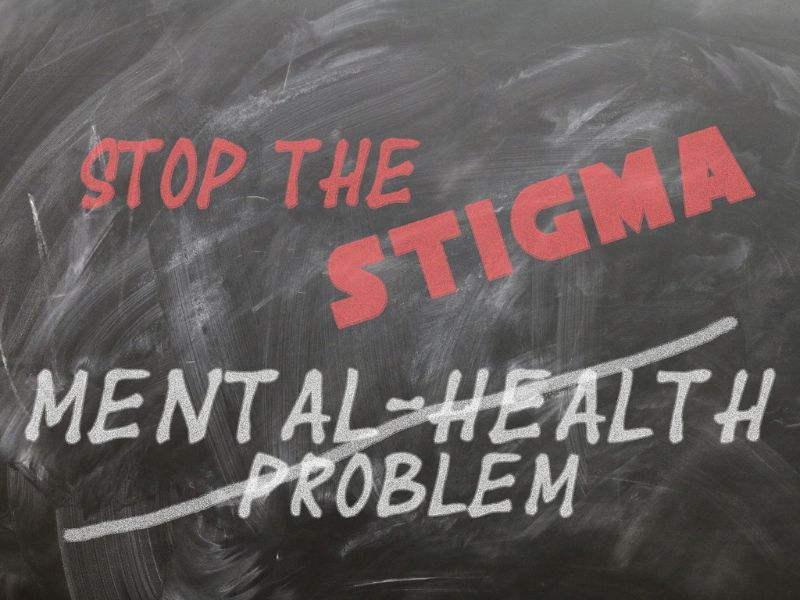
In today’s fast-paced and highly competitive work environment, stress and burnout have become commonplace. Despite this, mental health issues are still stigmatised and often ignored in the workplace. This can have a detrimental impact on the overall health and productivity of employees, as well as the success of the organization.
As a stress consultant, I have seen first hand the negative impact that mental health stigma can have on individuals and organisations. When mental health concerns are not openly discussed and addressed, they can lead to increased stress, burnout, and decreased productivity. Therefore, it is crucial to overcome the stigma surrounding mental health in the workplace.
Education. Awareness. Support
One of the key ways to address mental health stigma is to provide education and resources to employees. This can include training on stress management, mindfulness techniques, and mental health awareness. By providing employees with the knowledge and tools to manage their mental health, we can empower them to take control of their well-being and reduce the stigma associated with seeking support.
Normalising the Conversation
It is also important to create a culture of openness and acceptance surrounding mental health. This can be achieved by promoting open communication, providing safe spaces for employees to discuss their mental health concerns, and by acknowledging that mental health struggles are a common and normal part of life. Leaders and managers can play a critical role in reducing stigma by modelling healthy coping strategies, sharing their own mental health experiences, and providing support and resources to employees in need.
Prioritising Mental Wellbeing
As a stress consultant, I also believe in the importance of prioritising mental health in the workplace. This can include offering mental health days, providing flexible work arrangements, and implementing stress-reducing practices such as regular breaks and exercise programs. When organisations prioritise mental health, they signal to employees that their well-being is valued and important.
Ultimately, overcoming mental health stigma is an ongoing process that requires a commitment to education, openness, and support. By working together to reduce stigma and promote mental health, we can create a healthier, happier, and more productive workplace for all.
Mental health stigma can have a negative impact on individuals and organisations, leading to increased stress, burnout, and decreased productivity.
To overcome mental health stigma, it is crucial to create a culture of openness, education, and support in the workplace.
By promoting open communication, providing safe spaces for employees to discuss their mental health concerns, and offering resources and training on mental health management, we can reduce the stigma associated with seeking support and empower employees to take control of their own well-being.
By working together to reduce stigma and promote mental health, we can
create a healthier, happier, and more productive workplace for all.



